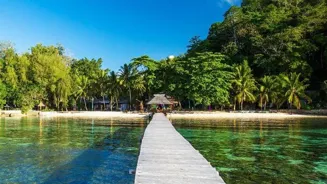Discover how to travel responsibly with sustainable tourism practices. Learn 7 ways to minimize impact and maximize benefits
Namaste and welcome, fellow travellers! In this day and age, where the wanderlust
bug has bitten nearly everyone, it's more crucial than ever to ponder the impact our travels have on the planet and its people.
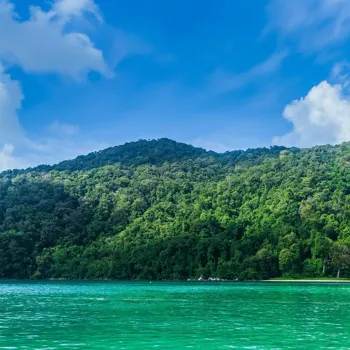
"Sustainable Tourism" isn't just a fancy buzzword; it's about travelling in a way that minimizes negative impacts and maximizes benefits for the environment and the local communities we visit.
Think of it as travelling with a conscience, ensuring that future generations can enjoy the same beautiful destinations we do today. So, let's dive into seven practical ways you can embrace sustainable tourism and become a more responsible globetrotter.
Choose eco-friendly accommodations for sustainable travel
First and foremost, let's talk about "choosing eco-friendly accommodations." This means opting for hotels, guesthouses, or homestays that have implemented sustainable practices.
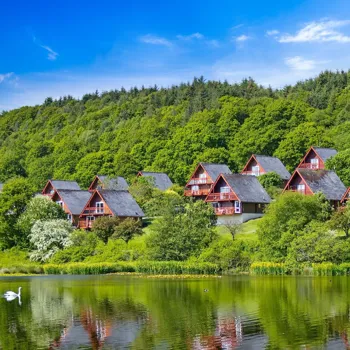
Look for certifications like LEED (Leadership in Energy and Environmental Design) or Green Key, which indicate a commitment to environmental responsibility. These accommodations often employ energy-efficient lighting, water conservation measures, and waste reduction programs.
Beyond certifications, consider supporting locally owned businesses. These establishments are more likely to invest in the local economy and culture. Instead of staying at a large international chain, why not try a cozy guesthouse run by a local family?
You'll not only be supporting their livelihood but also get a more authentic experience. Read reviews and ask questions about their sustainability practices before booking. A little research goes a long way in making a conscious choice.
Remember, your accommodation choices can significantly impact the environment and the local community.
Prioritize local experiences for authentic cultural immersion
Secondly, we have "prioritizing local experiences." Ditch the generic tourist traps and instead, seek out authentic experiences that connect you with the local culture and support the community.
Participate in guided tours led by locals, visit local markets, attend cultural festivals, and learn traditional crafts. When you buy souvenirs, opt for locally made products that support artisans and preserve cultural heritage.
This is where the real immersion starts connecting with locals becomes memorable. Stepping outside and meeting people offers a rich experience. Engage with them respectfully, and be open to learning about their traditions and way of life.
Reduce carbon footprint by minimizing air travel, opting for sustainable transport, and supporting carbon offsetting programs
Thirdly, important is "reducing your carbon footprint." Air travel is a major contributor to greenhouse gas emissions. Consider taking fewer flights and opting for alternative modes of transportation whenever possible.
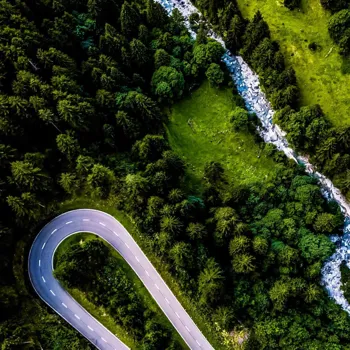
Trains, buses, and even cycling can be more sustainable and offer a chance to see the countryside at a slower pace. When you do fly, look for airlines that have implemented carbon offsetting programs. Pack light to reduce the fuel consumption of your flights.
Once you're at your destination, walk, cycle, or use public transport instead of relying on taxis or rented cars. Even small changes can make a big difference. Remember that you are not harming the habitat.
Conserve water and energy while travelling to reduce impact
Fourth in most importance is "conserving water and energy." Water and energy are precious resources, especially in areas experiencing scarcity. Be mindful of your consumption while travelling.
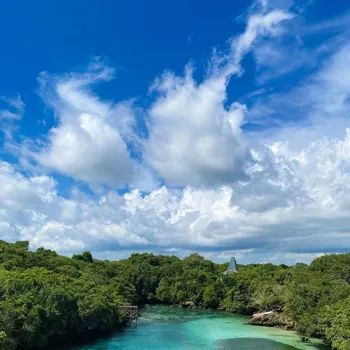
Take shorter showers, turn off the lights and air conditioning when you leave your room, and avoid wasting water. Reuse towels and bed linens whenever possible. These small actions can help conserve resources and reduce the environmental impact of your stay.
Many hotels now have policies encouraging guests to conserve water and energy. Participate actively in these initiatives. Also keep in mind the preservation of ecology.
Respect local cultures: dress modestly, learn customs, ask permission, broaden horizons, protect monuments
Fifthly, is the concept of "respecting local cultures and traditions." Before you travel, take some time to learn about the local customs, traditions, and etiquette of your destination.
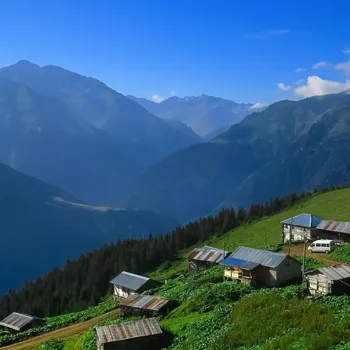
Dress modestly when visiting religious sites, be mindful of local customs regarding photography, and avoid disrespectful behavior. Learn a few basic phrases in the local language to show your respect and willingness to connect with the community. Ask for permission before taking photos of people.
Respect the local way of life, and be open to new experiences. Remember that travel is about learning and broadening your horizons. Do not damage and destroy the monuments.
Reduce plastic use in tourist spots, support eco-friendly businesses
Sixthly, is "saying no to single-use plastics." Plastic pollution is a major environmental problem, particularly in tourist destinations. Carry a reusable water bottle, shopping bag, and coffee cup with you. Refuse plastic straws, cutlery, and bags whenever possible.
Buy products with minimal packaging, and recycle whenever possible. Support businesses that are actively reducing their plastic use. Many destinations now have initiatives to reduce plastic waste. Participate in these efforts and encourage others to do the same. Bring your own bag.
